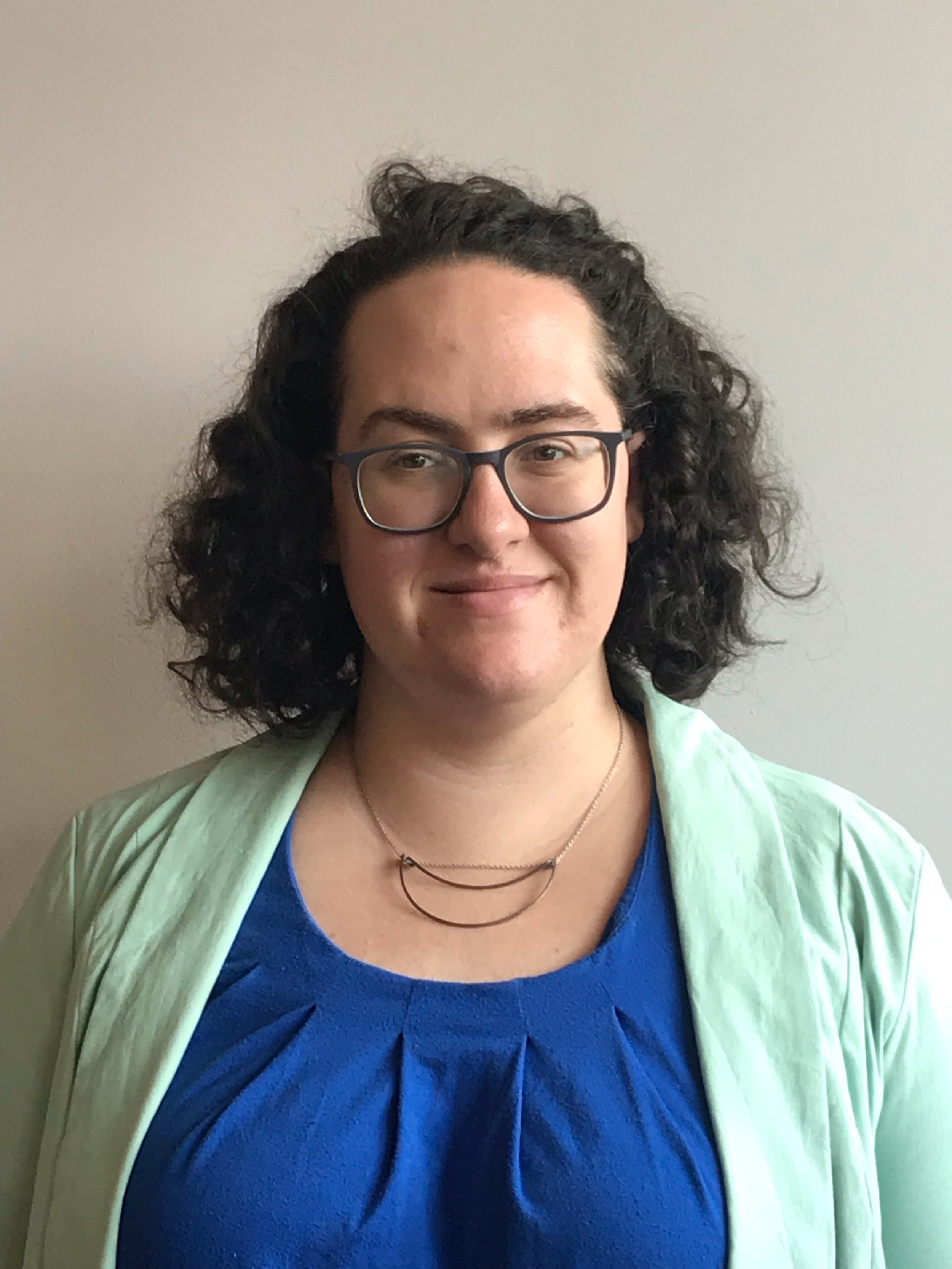Ruby Levine, LGSW
About
Pronouns: she/her
Occupation and Specialty: Therapist
Location (Clinic/hospital): Dandelion Spirit Psychology
Location (City): Minnesota, telehealth only
Offers Telehealth: Yes
Contact Information: https://www.dandelionspiritpsych.com
Bio: I am passionate about supporting adult clients (18+) in building lives more aligned with their true selves and desires.
I am particularly interested in working with queer and trans adults and the parents of queer and trans children (who may be queer and/or trans themselves). As the oppression of queer and trans people ramp up, it is important to me to create a caring, healing space for members of our community seeking support.
As a trained abortion doula, I am deeply connected to issues around pregnancy, and take an all-options approach to supporting each individual in their own journey towards birthing children or not, and towards parenting or not.
What is it like to be in therapy with me? As a matter of personality and training, I will ask you direct, sometimes uncomfortable questions to help reveal new truths to yourself. I believe that the therapeutic relationship is a practice ground for new ways of relating to people, and I will invite you to try out new skills through the process of our work together. This includes setting boundaries within the therapy relationship so you can experience holding them with someone who wants to respect them.
It is important to me that you feel full ownership of your healing journey, which neither starts nor ends with our relationship. We will set, track, and update your treatment goals together, to ensure that therapy stays focused on the things you care about. I will draw on intellectual traditions including disability justice, which can include you whether or not you identify as disabled, and parts work, which helps draw out and integrate disparate parts of the self.
Approach to care
What does it look like for you to provide care to patients in larger bodies? How is, or isn’t, your approach different from how you care for patients in smaller bodies? If you work with children, how is or isn’t your approach different when working with children?
I take a fat liberation approach to my work with all clients. As a therapist, I treat weight as a neutral fact about a person's body. I am careful not to introduce anything like diet talk, and I gently offer fat-neutral responses to clients who bring up fat-negative thoughts and feelings. If clients ask for it, I support them in making plans to feed and move their bodies in ways that make them feel better, mentally and physically.
What is your perspective on how weight is or is not related to health?
People at any size can experience any level of health or illness. As a mental health provider, I see no relationship between weight and mental illness. Many of my clients live with chronic illness. It's my perspective that neither health nor weight are moral values.
Finish this sentence: “Fat people are…”
Human
How do you, your clinic, and the healthcare system you work in use BMI (i.e BMI cutoffs for accessing certain services, BMI on charts and printouts, etc)? Is this flexible?
Never
If a patient declines to be weighed, how do you and/or your staff proceed?
N/A
If a patient declines to discuss weight loss, nutrition, and/or exercise, how do you proceed?
I didn't bring it up in the first place!
What does the physical accessibility of your office space look like? What kinds of accommodations are present for people in larger bodies? Are there things you wish were in place that are currently not?
N/A (all telehealth)
What do you do to allow fat people to feel comfortable and welcome in your office?
N/A (all telehealth)
If you’d like to use this space to talk about any identities (gender, race, size, sexuality, etc.) you hold and how this relates to your care, please do so.
I am a fat white cis queer woman.

